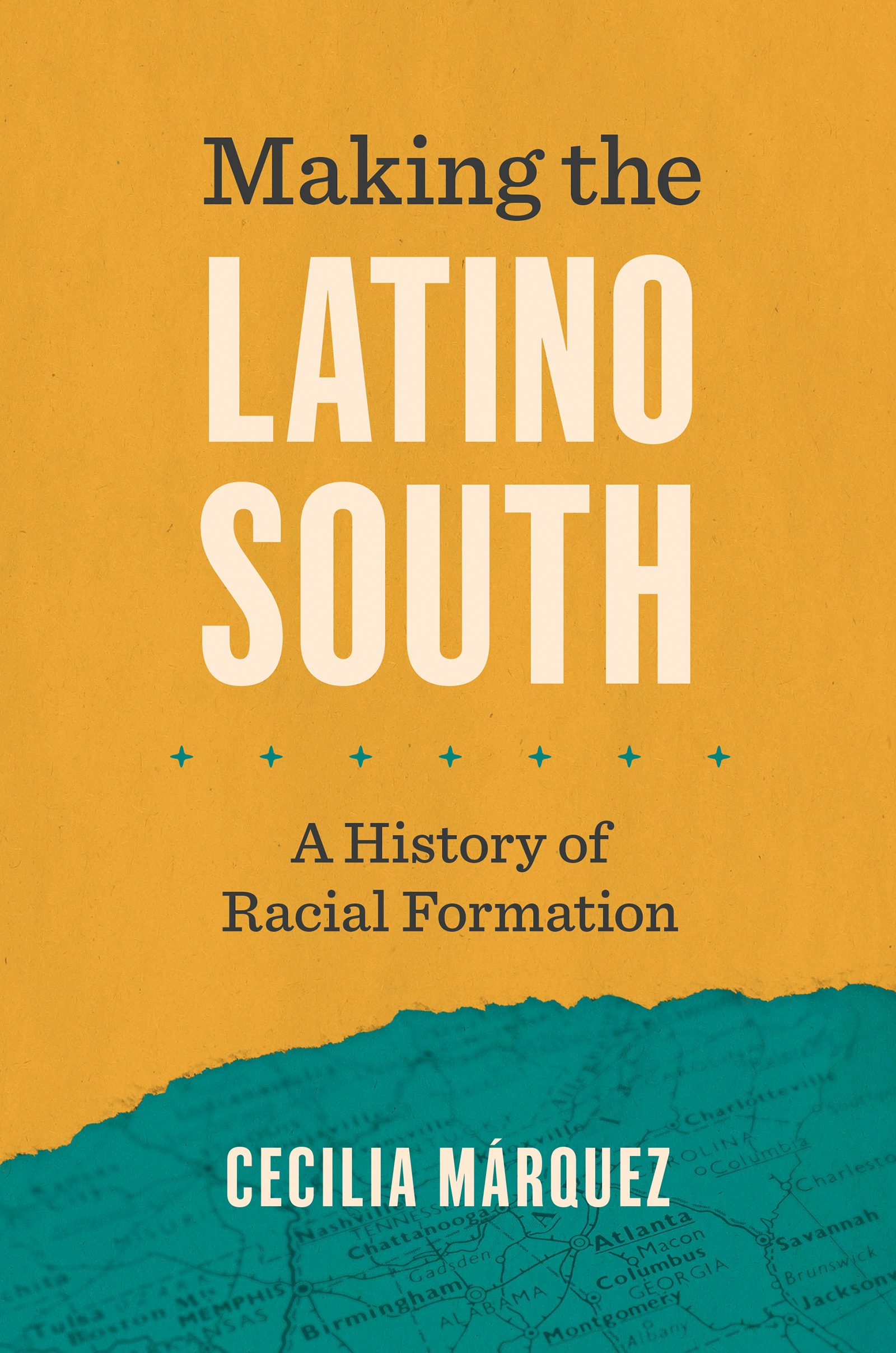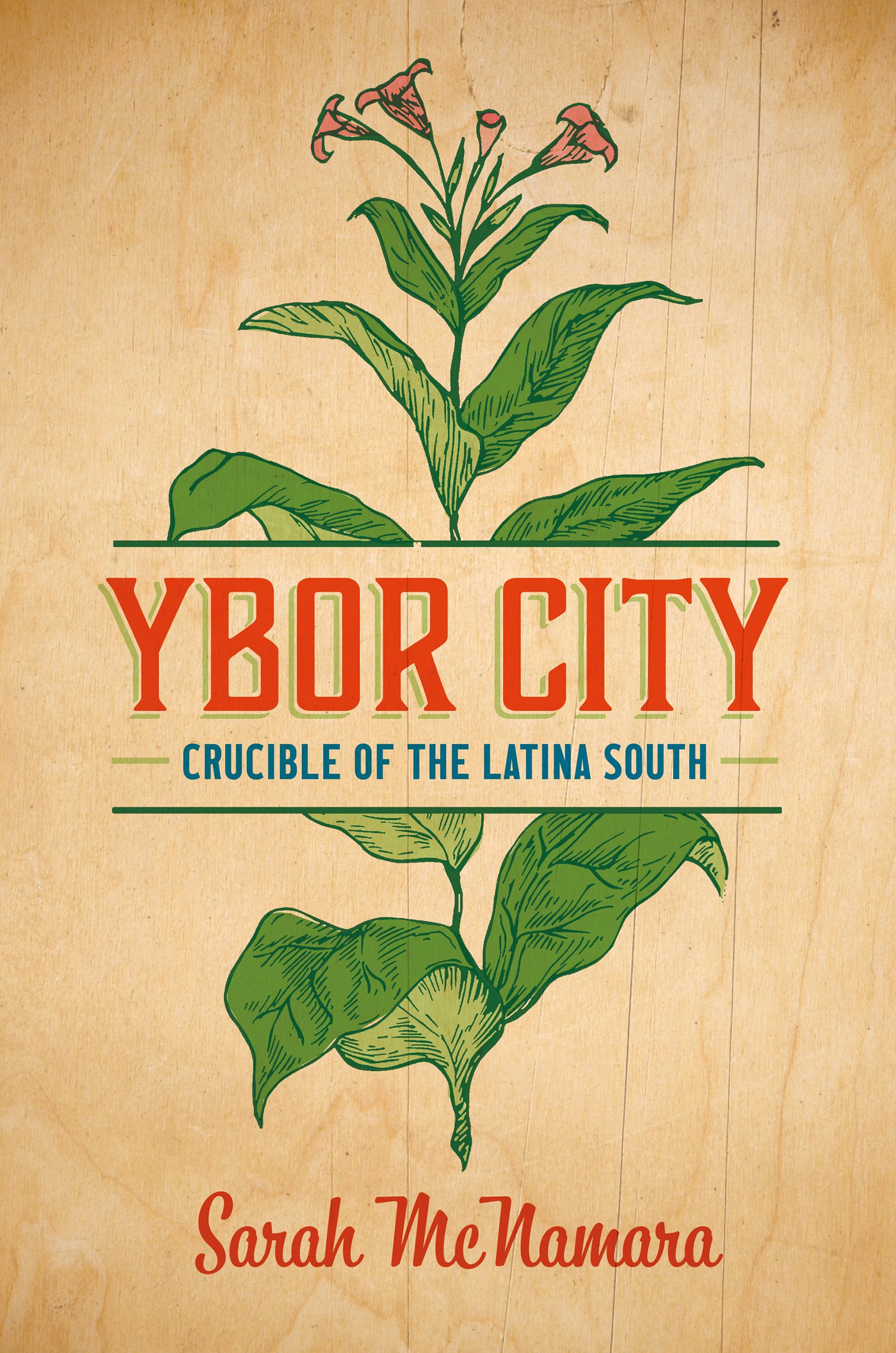With her multi-generational analysis that shows change over time through the experiences of those whose lives intersected with and/or shaped Tampa and Ybor City, McNamara asks readers to “rethink what it means to be of Cuban descent, live in Florida, survive in the South, and advocate for visibility and representation within the United States." Like Márquez, she is attentive to the racial diversity of the population, writing that “U.S.-born Latinas and Latinos disavowed radical, leftist politics and defined themselves against Blackness to transform their image from foreign subversives to acceptable U.S. citizens.” She continues by noting that this resulted in a “the creation of a new ethnic, non-Black identity as well as proximity to Anglo society and the gain of political power.” There is some attention to the specific experiences of Afro-Cubans throughout the book, especially as related to the organization of mutual aid societies in the early decades of the twentieth century.
It is McNamara’s specificity that makes Ybor City a key contribution to the postwar, place-based histories of Latinas/os living and working in the various regions of the South. “Too often,” she writes, “Ybor City, and even Florida, is seen as an exception – a place where latinidad is everywhere and has always existed and is therefore unnecessary for inclusion in broader and more expansive understandings of Latinas/os within the South and the nation.” By examining this “exception,” Sarah McNamara offers a hemispheric history that informs how Latinas/o lived experiences are shaped by time and place. Another important dimension of Ybor City is its serious consideration of the individual and familial histories. As more Latinx scholars who are born and/or raised in southern spaces record our own histories, McNamara’s book will serve as a model for how to balance individual, familial, and communal histories with attention to (trans)national historical processes.
When and Where You Are Latinx Matters
With attention to matters of ethnicity, race, migration, transnationalism, class, labor, gender, and generational cohorts, Cecilia Márquez and Sarah McNamara offer us important critical readings. Making the Latino South and Ybor City highlight the intersections of race, gender, and place, constructed categories that have historically informed hierarchies of desirability and belonging. They show the diversity of identities and experiences that shaped Latina/o life between the late nineteenth through early twenty-first centuries.
These scholars also raise important questions about scale. Márquez’s book is less a history of specific Latino communities and more a story of how this diverse group came to be described, or rather racialized, as “Latino.” Geography and racial hierarchies are at the center of her investigations into racialization processes in Alabama, DC, Georgia, and the Carolinas. On the other hand, McNamara begins with her familial roots in Ybor City’s radical Latina history, and extends her analysis to encompass Ybor City as a node within a borderlands where the Caribbean and US South meet and shape each other. These books model balancing of the multitude of voices of everyday Latinx historical actors.

